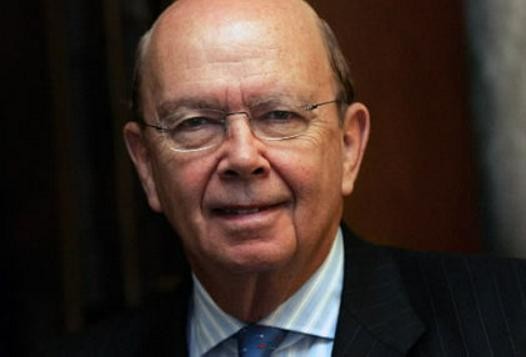Investment Greats George Soros
Post on: 16 Март, 2015 No Comment

Padraig O’Hannelly
Whether you regard him as a hero or a bete noire, George Soros has led a fascinating and immensely profitable life.
Few investors invoke such strong emotions as George Soros. the man who famously made $1bn short-selling Sterling in 1992, precipitating its ejection from the Exchange Rate Mechanism. With an estimated wealth of around $11bn, he is one of the richest people in the world, and is not shy about expressing his opinions.
Background
Born in Budapest in 1930, Soros fled to England in 1947 and worked in a variety of manual jobs to fund his studies at the London School of Economics. In 1956 he moved to New York, where he climbed the corporate ladder at a series of investment banks before setting up the Quantum Fund with Jim Rogers in 1969.
The Quantum Fund
The Quantum Fund is a hedge fund that gained 4,200% during the 1970s, when the S&P 500 index rose less than 47%.
This stunning growth made Soros and others very wealthy, but he continued to take risks, effectively betting the farm on his short-selling of Sterling, and reportedly taking similar risky positions against Asian currencies during the financial crisis in 1997.
According to one source, $1000 invested in the Quantum Fund in 1969 was worth $4m by 2000, an annualised growth of 31%.
Investment style
Much of Soros’ thinking is based around the concept of reflexivity, which he spelled out in his first and best known book, The Alchemy of Finance. published in 1988. This is about the idea of positive feedback loops and self-reinforcing mechanisms. To put it simply, rather than self-correcting and returning to the long-term average, prices have a tendency to feed on themselves, with over-valued assets (currencies, shares, property) becoming more overvalued before the bubble finally bursts. Similar mechanisms exist on the way down.
He is a strong believer in the idea that markets are generally chaotic and driven by emotion: The more the theory of efficient markets is believed, the less efficient the markets become.
His main competitive advantage in the investment arena has been his ability to stand apart from that emotion and to invest rationally, or at least more rationally than most of us. At the extreme, there’s a theory that we should invest like psychopaths. and some have speculated that that’s exactly how Soros operates.
A key element of this is the fact that he acknowledges his own fallibility, and will change direction without any emotional attachment to his former opinions. As Nassim Nicholas Taleb put it: “What characterises real speculators like Soros from the rest is that their activities are devoid of path dependence. They are totally free from their past actions. Every day is a clean slate. ”
Track record
As regards his record, I’d say his $11bn speaks for itself, but in terms of specifics Soros has made some very prescient calls. He correctly predicted the mortgage crisis in the US, and in 2006 was actively forecasting a hard landing for residential property that would result in a major slowdown for the economy. In mid-2008 he described the oil price as unsustainable, and was shown to be right about that too. The crisis has been good for him, reportedly netting him over $1.1bn in 2008.
He does make mistakes, though, including not anticipating the worldwide implications of the collapse in American property prices. And he expected China to be more resilient in the face of falling global demand.
Forecast for the future
Following several weeks of rising markets in March 2009, Soros believes we are still in a bear market and predicts that the crisis is far from over. The world has fundamentally changed, as he outlines in his new book, The New Paradigm for Financial Markets – The Credit Crisis of 2008 and What it Means .
On the subject of China, he sees growth rates increasing from the end of this year, driven partly by domestic demand, and partly by China’s ability to provide credit to the rest of the world. Soros has been critical of China in the past for not using its prosperity to allow democracy to flourish, and sees this as creating problems further down the line.
He is also relatively positive about Brazil, and expects it to be among the first countries to come out of recession.
Politics and philanthropy
A supporter of Barack Obama’s presidential campaign, and a fierce critic of George W Bush, Soros has always been outspoken on political issues. His Open Society Institute has been very active in promoting democracy, freedom, and transparency throughout the world, especially in the former Soviet states. This is based in part on the thinking of philosopher Karl Popper, under whom Soros studied at the LSE.
In contrast with his former partner Jim Rogers, Soros’ financial politics are very interventionist. He supported the bank bailouts, and generally favours increased regulation of the financial services industry. The role of the Federal Reserve should include, in his opinion, the prevention of speculative bubbles, and interesting position considering how important bubbles have been to his past successes.
Whether one regards him a hero or a bete noire, Soros’ success has been impressive and even at the age of 78 his influence continues to grow.
More investing greats:














